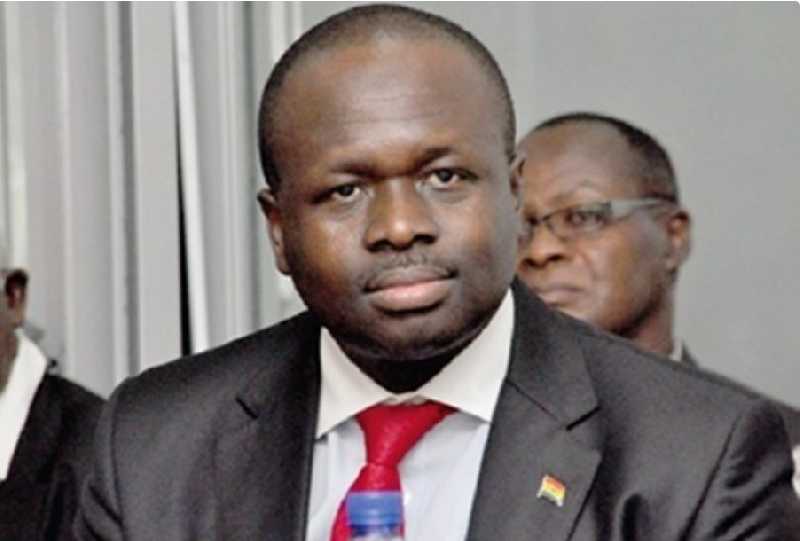The Minister of Defence, Dr Edward Kofi Omane Boamah, called for a bottom-up approach to peacebuilding.
That, he explained, required the engagement of local communities and those affected directly by violence in security planning and decision-making, adding, “Negotiations in boardrooms do not always bring peace,” he stated.
Forum
He made the call at the Sahel Peace Initiative national forum in Accra held on the theme: “Political economy of conflict in Ghana: Addressing youth unemployment as a catalyst for security and social cohesion”.
The national forum was organised as part of the Sahel Peace Initiative (SPI), a regional effort driven by the Catholic Church in West Africa with support from Catholic Relief Services (CRS), to address the escalating violence and instability in the Sahel region.
The initiative aims to foster peace, social cohesion and resilience in communities affected by conflict and violent extremism.
Inclusive growth
Dr Omane Boamah further underscored the significance of inclusive growth, warning that job creation must be equitably distributed to avoid igniting further conflict.
“No matter the number of jobs created, if they are concentrated in capitals, inequality will fuel unrest,” he said.
In line with this, he announced that the Ghana Armed Forces intended to recruit 12,000 young men and women over the next few years, ensuring that recruitment efforts were spread across various regions to promote regional equity.
Dr Boamah reaffirmed his commitment to the Sahel Peace Initiative, urging all stakeholders to harness the power of faith to build a more peaceful and stable world.
Game-changer
Former Secretary-General of the Trades Union Congress (TUC), Dr Anthony Yaw Baah, stated that the 24-hour development programme as championed by the current government was a game-changer towards tackling unemployment in the country.
The accelerated 24-hour development programme is projected to generate over 827,000 jobs within the first two years, with expectations to reach 1.7 million jobs by 2028 and a staggering 5.2 million jobs by 2034.
Dr Baah, who is also the Executive Director of the Kaizen Institute for Labour and Economics, said should the policy be successfully implemented, unemployment could drop to approximately 12 per cent by 2028, below 10 per cent by 2030, and finally stabilise around four per cent — the natural rate of unemployment — by 2034.
He said despite those projections, there was no guarantee that the programme would succeed, especially if there was change in government, hence the need for such a consensus that not only sustains employment creation policies but prioritised job creation across the entire spectrum.
Efforts
The Country Director of Konrad-Adenauer-Stiftung (KAS), Anna Lena Sabroso-Wasserfall, said aligning efforts across borders and across sectors could help amplify the positive effect of humanised programmes.
“If we want to build lasting peace across borders, we must tackle the root causes that transcend borders. And if we are serious about peace building, the youth cannot remain on the sidelines,” she said.
For his part, the President of the Ghana Catholic Bishops Conference, Most Rev. Matthew K. Gyamfi, said the high rate of youth unemployment was not simply a development issue but a matter of national security and moral urgency.
He urged participants and the public to look beyond the visible manifestations of discontent and to tackle the economic and political structures that breed resentment and despair.
